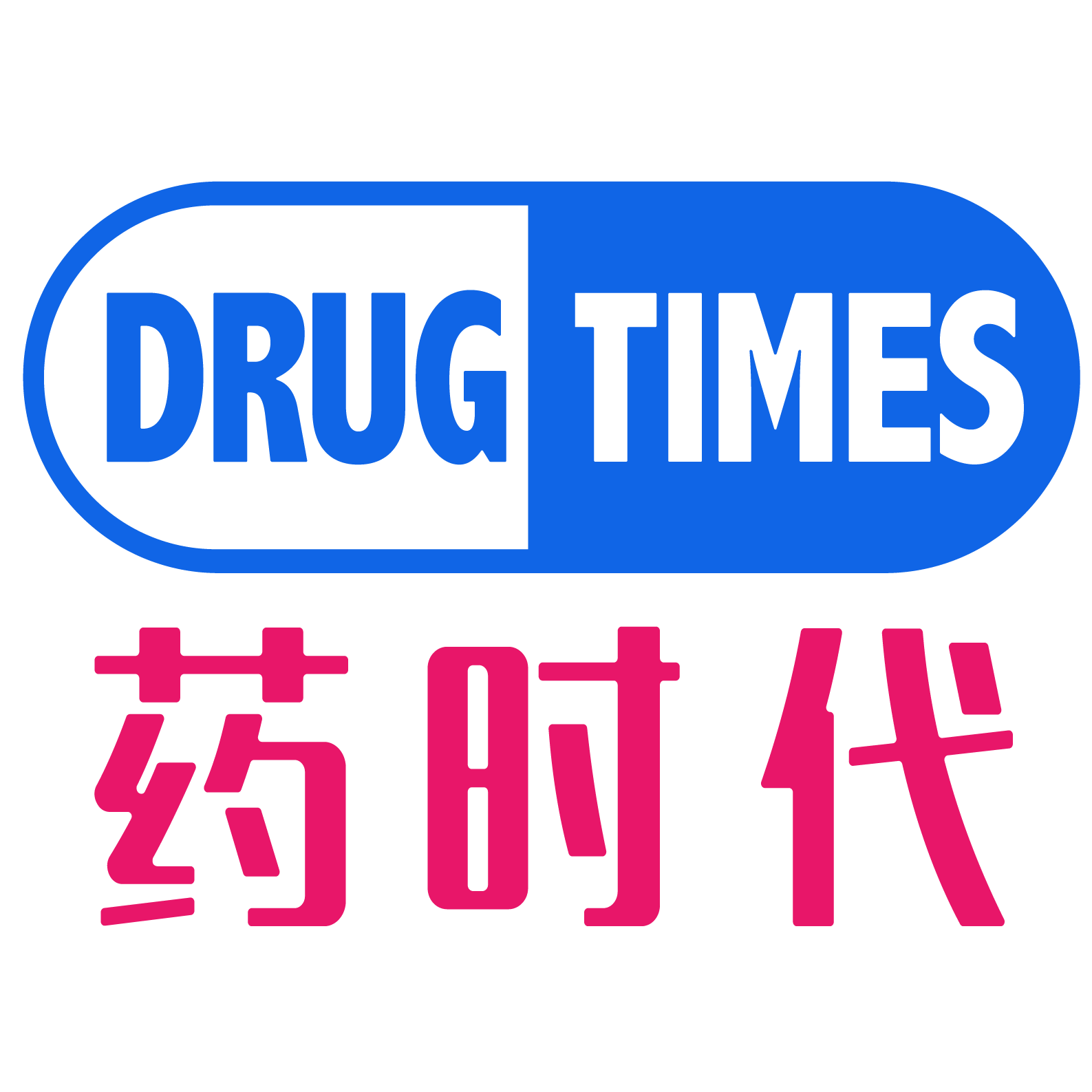
01
The “King of Eye Medicine” Aflibercept suffers another blow
On July 17, 2024, Roche announced the long-term clinical RHONE-X data of its blockbuster bispecific antibody drug Faricimab (Trade name Vabysmo), used for diabetic macular edema (DME).
The results show that over a four-year follow-up period, Vabysmo has good tolerability. At least 90% of the patients in the treatment group achieved the disappearance of DME symptoms, that is, the central retinal thickness (CST) is less than 325 microns.
The four-year follow-up period is already the largest study of its kind in the field of DME.
In response, Roche’s Chief Medical Officer Levi Garraway said that DME, as one of the main causes of blindness in diabetic patients, affects 29 million patients worldwide, and the excellent long-term data of Vabysmo further proves that the drug has the potential to become the standard treatment for DME.
Moreover, during the study period, patients in the treatment group could adjust the dosing period of Vabysmo based on the level of retinal fluid and visual clarity. At the end of the fourth year, nearly 80% of the patients in the treatment group extended the treatment period to once every three or four months, and their vision continued to improve, with stable efficacy.
Roche is naturally delighted, as Vabysmo, the world’s first bispecific antibody drug for ophthalmology, has shown its huge market potential since its launch in the United States in 2022.
In 2023, Vabysmo’s sales reached as high as $2.634 billion, with an astonishing increase of 324%. In the first quarter of 2024, Vabysmo’s sales directly doubled year-on-year, reaching 847 million Swiss francs ($934 million).
Before this (on July 6, 2024), the FDA also approved the marketing application of Vabysmo PFS, a pre-filled syringe of Vabysmo. Its design simplifies the administration process, providing a ready-to-use option for medical staff.
Stable efficacy + good tolerability + better formulation means that Vabysmo will have the ability to quickly capture more market share in the ophthalmic anti-VEGF drug market.
In the ophthalmic anti-VEGF drug market, the best-selling product is undoubtedly Aflibercept. In this year’s Q1 financial report, Aflibercept also successfully entered the top ten, with stable sales.
However, how long can such stability last? The current Aflibercept not only faces the patent cliff, but also faces the head-to-head competition with the same VEGF monoclonal antibody Ranibizumab, the market erosion by the domestic market’s first imitation from Qilu, and the fierce attack by the new generation of VEGF bispecific antibodies Vabysmo.
It can be anticipated that in terms of the ophthalmic anti-VEGF drug market, the replacement of monoclonal antibodies by bispecific antibodies will only be a matter of time.
02
At present, existing monoclonal antibodies and other treatment methods have already occupied a certain market share. Although bispecific antibodies are developing rapidly, it is unrealistic for all of them to achieve a breakthrough in the market as quickly as Vabysmo.
According to incomplete statistics, in 2023, the global sales of 12 bispecific antibodies exceeded 8 billion US dollars, but only two of Roche’s products, Hemlibra for the treatment of hemophilia A (with sales reaching 4.485 billion US dollars in 2023) and Vabysmo, had sales exceeding 1 billion US dollars.
As for the field of oncology, the best-selling bispecific antibody is still Blincyto, which was launched as early as 2014, with sales of 861 million US dollars in 2023.
The main reasons are two-fold.
Firstly, compared with hemophilia and ophthalmology, the competition in the field of oncology is more intense, and the types of existing drugs are more abundant.
Secondly, the pathogenesis of tumors is more complex, and the effect of activating or inhibiting two targets may not be as prominent as that of non-oncological bispecific antibodies.
Take Vabysmo as an example, this drug can simultaneously target and block two key pathogenic pathways – Angiopoietin-2 (Ang-2) and Vascular Endothelial Growth Factor-A (VEGF-A). Both of these pathways can disrupt the stability of blood vessels, causing leakage and increasing the occurrence of inflammation.
By blocking the pathways involving Ang-2 and VEGF-A, Vabysmo can enhance the stability of blood vessels while also reducing ocular leakage, with significant effects. In contrast, most tumors have more ambiguous clinical judgments.
Of course, this is not absolute. Take Akeso’s PD-1/VEGF bispecific antibody, Evoxolimab, as an example. In May this year, Evoxolimab defeated Keytruda head-to-head in a phase III study of first-line treatment for NSCLC.
So, the key is still to have solid clinical data and differentiated clinical needs to stand out.
At present, apart from Hemlibra and Vabysmo, the commercial progress of most marketed bispecific antibodies is relatively slow. It will take time to achieve sufficient market penetration.
03
This is a challenge, but more importantly, it is an opportunity.
It implies that the pipeline of bispecific antibodies under development still has a huge market space and value. The BD team of the DrugTimes has a number of high-quality multi-specific antibody candidates, with research and development progress ranging from PCC to Phase I clinical trials, covering various fields such as solid tumors, hematological tumors, IBD (Inflammatory Bowel Disease), COPD (Chronic Obstructive Pulmonary Disease), gout, and more, including bispecific antibodies with the same target points as Akeso..
Back to the main point, Roche’s success in the field of bispecific antibodies is mainly due to the choice of indications, followed by the continuous discovery of unmet clinical needs.
【Editor’s Note】This is quick translation of a Chinese article published on DrugTimes. To read the original article, please click here. All comments are highly welcome. Many thanks!
发布者:DrugTimes001,转载请首先联系contact@drugtimes.cn获得授权

 为好文打赏 支持药时代 共创新未来!
为好文打赏 支持药时代 共创新未来! 